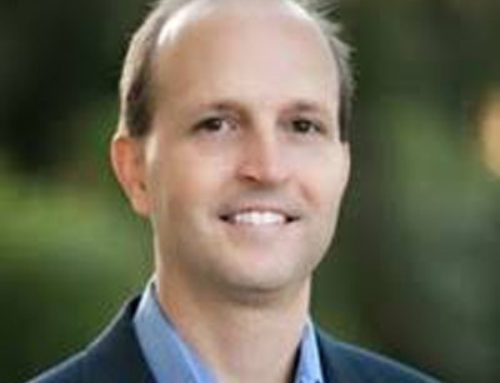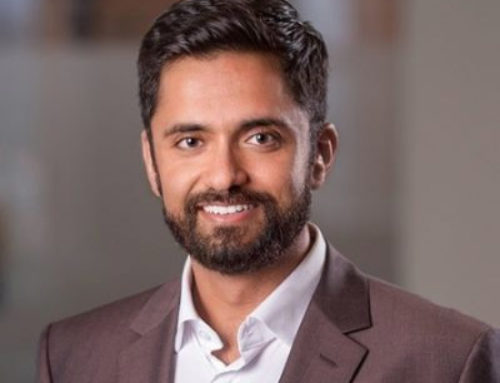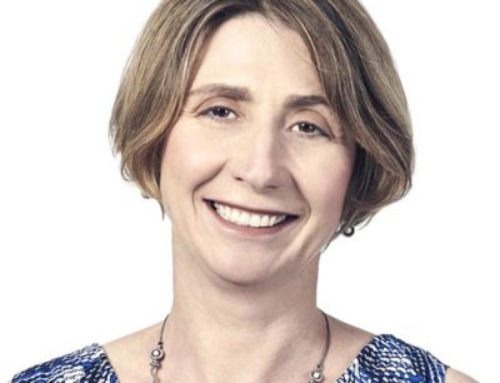 An interview with Deryck Wade
An interview with Deryck Wade
Executive Clinical Operations Consultant
Strategikon: What part of outsourcing causes the most pain for clinical operations?
DW: From my experience in multiple sponsor organizations, it’s the RFP process. Not making the right choice can be painful, so RFPs are always a headache.
It starts with gathering input to create the RFP and eventually select vendors, incorporating input from the whole team. The CMO, the medical monitors, and everyone to define exactly what services are needed. Next, we search for potential partners who have experience in our therapeutic area and then short list three or four that we invite to respond to the RFP. So far, the pain is just about getting the RFP itself together – the materials, the format, and the prospective vendors – but the thorny part happens when the responses come back. Even though we provide templates and instructions, these always get modified. When the information comes back, it’s a big onus on the sponsor to normalize the responses. The usual result is that information is all over the place and costs associated with services often end up in different buckets. Sometimes it gets put into project management, sometimes into monitoring or study startup. You can’t assume the answers are consistent. Usually you end up spending a serious chunk of time to sort through and figure it out. Make sure to plan for it! It’s painstaking but absolutely necessary to match the tasks in the responses to what you requested in the RFP because you really can’t compare the answers without this understanding. Once this is completed, we can start the process and determine which the best company, who had the best pricing and/or, who has the best approach to be able to complete the trial.
“People usually think of digital transformation in the context of bringing in a new application or piece of software. They focus on technology… but it’s really about preparing the organization of what’s coming.”
Deryck Wade
A system like Clinical Maestro makes it much easier for sponsors because it allows you to clearly define and convey your needs and better control the responses, regardless of whatever backend systems the CRO is (or isn’t) using for their costs or their procedures. It offers a consistent way of working through this process that is not only formal but reproducible. When you’re working on the back of a napkin or even using spreadsheets you can’t accurately account for all the variables that can change that number.
Strategikon: You have implemented a lot of software in your career… what is it like leading a company through a digital transformation?
DW:People usually think of digital transformation in the context of bringing in a new application or piece of software. They focus on the technology. From my years in IT and clinical ops, I’ve learned that it’s really about preparing the organization for what’s coming. Thoroughly understand your goal, have a solid plan, and communicate everything clearly. Communication is not only for your team, but laterally as well because a transformation will touch other departments. For example, a solution like Clinical Maestro affects Legal, Biostats and all the other departments that Clinical Operations works with. Even if a department isn’t part of the core team, it’s important that they can communicate with you. These other groups often have feedback that help make better decisions for the organization. It’s important that communication is open and transparent – otherwise the line staff and senior management may have totally different expectations of the transformation.
“The goal of clinical research is not to build software; it’s to run clinical studies… Clinical Maestro, [is] built on the specifications and the needs of many companies. This has yielded a product with a robust set of capabilities that’s highly flexible. It offers a consistent way of working through this process that is not only formal but reproducible.”
Deryck Wade
Start by gathering the key players, whether they are advocates or not, to commonly define the end goal and the benefits. The idea is to communicate and get buy-in for each person’s responsibility within the team which then leads to delegating tasks. You’ll need these players to oversee the transition because the scope may include process changes, policy changes, and in some cases, regulatory issues. Sometimes the organization wants to move too quickly so the discussion should also include the establishments of realistic objectives. Companies often feel like they don’t “have the time to make sure it’s right” to which I point out that they certainly don’t have the time to do it all over again. If it’s a normal project, there are bound to be bad days – this is where strong communications will help to manage your team through the process. Many implementations or uses of software die because they reach that bump where the change still feels uncomfortable; it’s not like the old shoes, or it’s something hard to get used to. But that’s where the management part comes in; to bolster that team, keep morale up, and set the vision that you will be better after you get beyond this point.
It’s critical that companies figure out how to do a better job of managing change and embrace these kinds of transformations. Budgeting finances is a great example. It is a key process for every Biotech or Pharma company.
Everyone knows that there are good and bad approaches and better or worse uses of capital. Improvements that can identify a more efficient way to structure a study or manage outsourced services help companies to develop more treatments with the same limited pot of money.
Strategikon: How have you handled these situations in the past?
DW: I ask myself the question: What’s the goal? The goal of clinical research is not to build software; it’s to run clinical studies on time, budget, and quality. I have a somewhat unusual background that spans clinical operations in big pharma, IT applications development, and consulting and clinical operations in smaller biotechs. I’ve seen how applications are developed, the thinking behind it and how to evaluate systems implementations not only from a clinical point of view but also from an IT perspective. The first thing I learned was how to gauge an opportunity – whether to buy bespoke software off the shelf or build it. From a high level, if a system offers the main features of what I need and the other points are just nice to have it usually makes sense from a buy perspective. Other upsides for a commercial approach are speed to implementation and access to new updates and features (without added internal development). When you build, you might get more customization, but you will also have significantly more upfront cost and likely higher ongoing costs as well.
“A tool like Clinical Maestro helps companies of all sizes to optimize their outsourcing decisions. It enables us to ask very in-depth questions and get responses from multiple vendors in a consistent format that facilitates an apples-to-apples comparison.”
Deryck Wade
In the specific case of Clinical Maestro, it’s built on the specifications and the needs of many companies. This has yielded a product with a robust set of capabilities that’s highly flexible. From my experience, as companies grow or new needs are recognized, home-grown solutions rarely end up staying the same as originally envisioned. Clinical Maestro already has a lot of features and functions under the hood, which is a big plus. If you build it yourself, new features come at a high cost, take time and require change orders and validation of the whole process all over again. There are plenty of areas where biotechs obviously need to compete; if you have a similar compound, a similar approved drug, or you’re going after a common market that’s one thing. I’d be surprised to see that a custom financial software tool provided a unique competitive advantage.
Strategikon: How does the size of the company affect these issues? Or does it have any effect at all?
DW:Absolutely yes. I’ve worked at both large and small. At large companies I found we needed vendors that had the capacity to meet our service needs. The flip side of that, especially working in Biotech here in the Bay Area, money is different where you have an individual compound versus a whole portfolio. Some big vendors have tried to dedicate part of their business to work with small companies and created different departments that have the resources to address smaller companies. The results are mixed. The net is that I think smaller companies are at a disadvantage when it comes to working with outsourcing partners. The bottom line is that we only have a couple trials versus companies that have a stacked portfolio, so we don’t get the economies of scale, and we don’t always get the most experienced personnel.
A tool like Clinical Maestro helps companies of all sizes to optimize their outsourcing decisions. It enables us to ask very in-depth questions and get responses from multiple vendors in a consistent format that facilitates an apples-to-apples comparison. The criteria and responses are in a database where everybody can go in and look at the options. Especially when you need to manage multiple CROs, it is great to have an audit trail for how you arrived at decisions, who is responsible for what, and to minimize finger pointing with strong governance.
The benefits of Clinical Maestro are extremely timely with everything that’s going on. With everyone working remotely, Clinical Maestro fixes a lot of problems AND it lets people collaborate remotely. It’s a creation not only appropriate for these unprecedented times, but one that it will help move the industry forward in terms of efficiency and resource management.
About the expert
Deryck M. Wade brings more than 35 years of Clinical Operations experience and leadership in the pharmaceutical, biotechnology and medical device industry. Deryck, over the last few years, has served as an Executive Clinical Operations consultant who provides senior level expertise building, optimizing and directing Clinical Operations departments for small to midsize biotechnology companies.
Prior to becoming a Clinical Operations consultant, Deryck held full-time positions of increasing responsibility with numerous pharmaceutical and biotech companies reaching the level of Vice President, Clinical Operations at several organizations. Deryck holds a Bachelor’s degree in Biology from The City College of New York and is a graduate of the UCLA Anderson School of Management – Management Development for Entrepreneurs (MDE) program.




